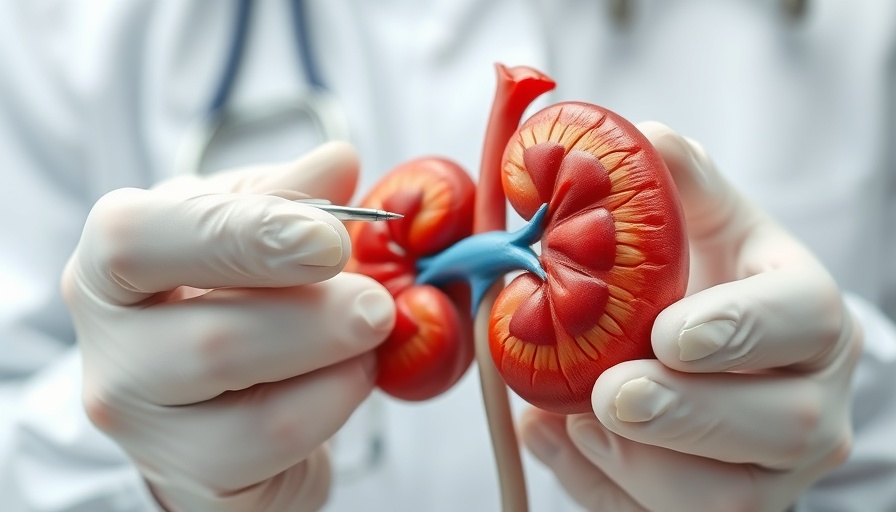
Understanding Ostomy-Related AKI: A Hidden Concern
A recent study has revealed a startling connection between ostomy-related acute kidney injury (AKI) and increased mortality rates, sparking concern among healthcare professionals and caregivers. Patients who undergo ostomy procedures often face various complications, but this new research suggests that those complications could be more severe than previously understood. AKI, which occurs when the kidneys suddenly fail to filter waste from the blood, can lead to devastating outcomes if not managed effectively.
This research emphasizes the need for proactive monitoring of patients with ostomies, as they may be at higher risk for both AKI and other health complications. Early detection and intervention are crucial in saving lives and improving quality of care.
How AKI Impacts Health Outcomes
Understanding the implications of AKI in patients with ostomies is essential for caregivers and healthcare providers. The research indicates that individuals experiencing AKI are not just facing temporary issues; they may suffer from long-term health challenges that affect their daily lives. With the additional strain on vital organs, these patients are also at a higher risk of developing chronic conditions, leading to a cycle of healthcare complications.
The Role of Telemedicine in Managing Patient Care
As the healthcare landscape evolves, telemedicine has emerged as a crucial tool in managing patient well-being. It allows for regular check-ins and monitoring that can catch complications related to ostomy procedures before they escalate into more severe issues like AKI. By utilizing virtual consultations, healthcare professionals can offer timely advice and intervention, enhancing patient engagement and ensuring they understand how to monitor their own health.
Support Networks for Ostomy Care
In the face of health challenges, the power of community support can be significant. Local support groups provide patients with valuable resources and emotional backing. These gatherings foster conversations around shared experiences, helping individuals feel understood and empowered to manage their health better. Peer support has been shown to improve both mental and physical well-being in patients facing chronic health conditions.
Next Steps: Empowering Patients and Caregivers
Education is vital for patients and caregivers alike. Understanding the risks associated with ostomy procedures and recognizing the signs of AKI can lead to early intervention. Considering a proactive approach, healthcare professionals and advocates should work together to develop informative resources that clarify prevention strategies and empower patients. Knowledge is a powerful tool in healthcare, one that can dramatically influence health outcomes.
 Add Row
Add Row  Add
Add 




Write A Comment